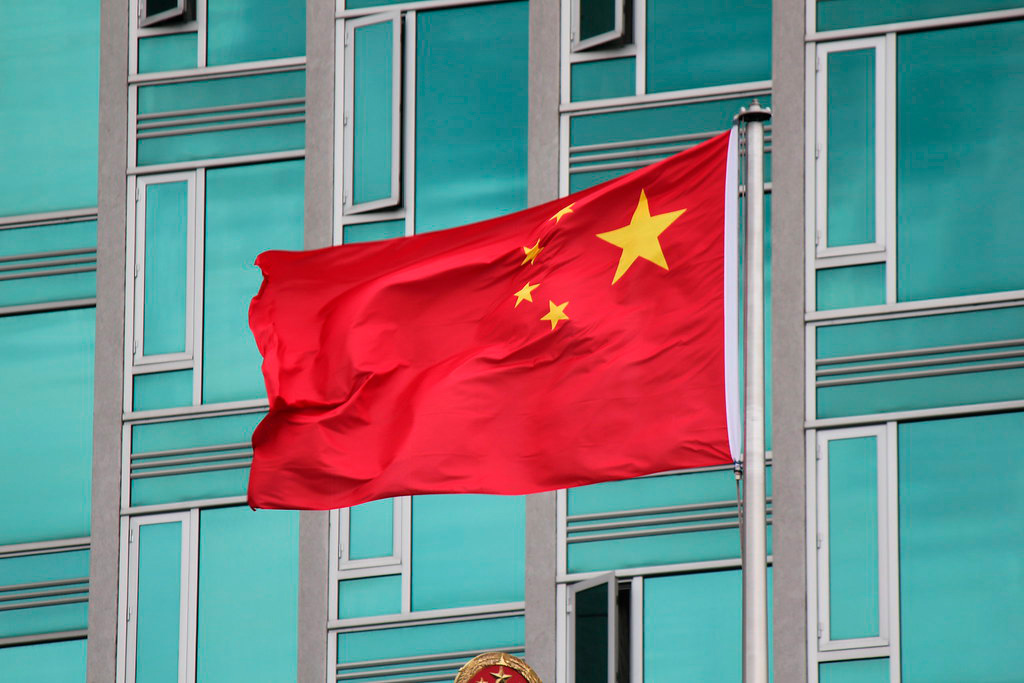India’s northeastern states have recorded an increase in influx of drugs that trace back to the extensive poppy cultivation and synthetic drug manufacturing units in Myanmar, allegedly involving Chinese entities and certain insurgent groups, including the Arakan Army. In May this year, authorities seized drugs worth Rs 100 crore in Assam, worth Rs 48 crore in Mizoram, worth Rs 40 crore in Meghalaya and worth Rs 34 crore in Manipur. Between July 2022 and July 2023, the Assam Rifles had seized drugs worth more than Rs 1,610 crore, according to government data. Experts on China-Myanmar relations allege that the drug networks in South Asia and Southeast Asia are predominantly under the control of Chinese crime syndicates and organisations that exert influence over ethnic armed organisations in the region.
Many of these ethnic armed organisations, specifically the Arakan Army, use arms smuggling routes in the Northeast as a passageway for smuggling illicit drugs into India, it is alleged. The Arakan Army, founded in 2009, has known links to China, which is suspected of supplying arms to the organisation, according to one of the experts cited earlier.
The Arakan Army, which is reported to have 30,000 to 40,000 troops, has been accused of human trafficking and arms and drugs smuggling using the Bangladesh-Myanmar border through the Bay of Bengal.
China allegedly relies on the Arakan Army for both security and its commercial interests, such as the construction of a deep-sea port, like the port in Kyauphyu in Rakhine State, rail and road links with the lower Mekong region and the Golden Triangle, and oil and gas pipelines in the Rakhine region.
The Arakan Army is also suspected to be involved in the trafficking of amphetamine-type stimulants–commonly known as Yaba or Ice in India–to Bangladesh by balancing its interest in drug smuggling and China’s interests with the repatriation of Rohingya refugees to Myanmar.
It is said that the alleged illicit trade finds support in the similarities that China and Myanmar share in various aspects. The Wa State in Myanmar maintains a close connection with China’s Yunnan province due to the ethnic similarities between the populations on both sides and this is said to contribute to China’s inroads into Myanmar.
A study on the drug problem in Bangladesh highlighted that precursor chemicals for manufacturing illicit drugs are primarily sourced from China in the region via weapons smuggling routes to Rakhine State and Chin State. There have also been instances of precursors being procured from Chinese factories and being routed into the Golden Triangle using Thai ports, according to one of the experts cited earlier. Around 87% of drug trafficking and trade flows from four strategic routes in Myanmar, of which the primary flow is from Myanmar’s Tamu Village to Moreh in Manipur, and subsequently to Imphal, Kohima and Dimapur. The 2021 coup in Myanmar that ousted the democratically elected government has further exacerbated the influx of drugs from Myanmar into India. Following the coup, there has been a marked increase in the flow of synthetic drugs from Myanmar to India, with Manipur and Mizoram particularly vulnerable due to their dense forests and mountains that enable easy movement. Measures like sanctions on certain chemicals, regulation of end-use, strict enforcement of laws, increasing surveillance and other deterrent steps must be considered by international organisations with a sense of urgency, experts suggested as a means to counter drug trade via Myanmar.

